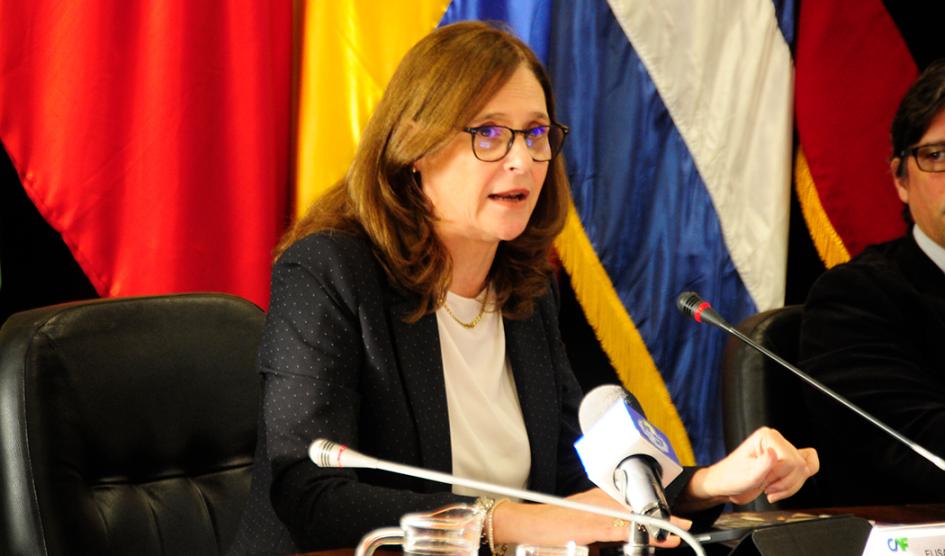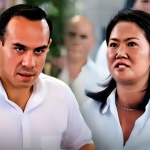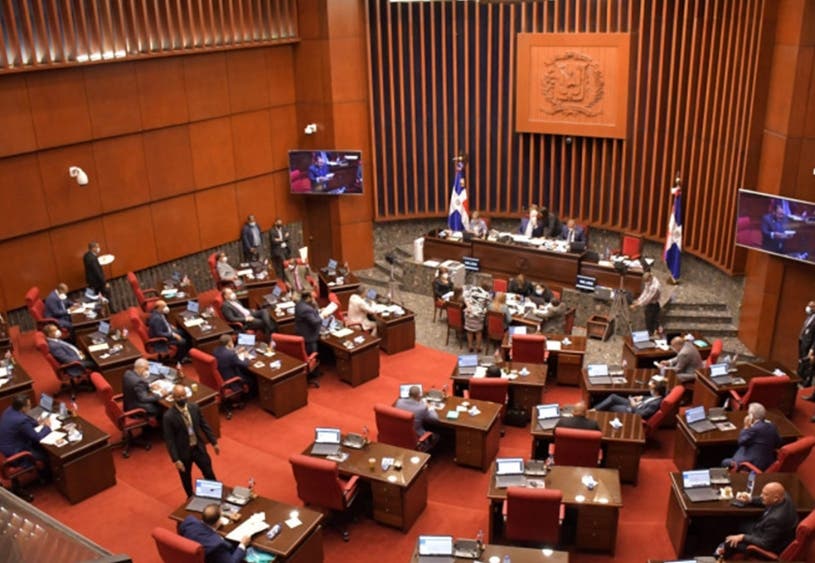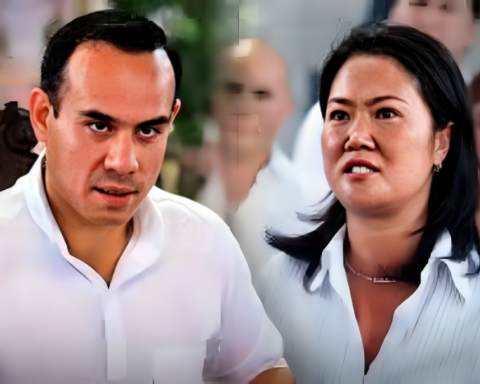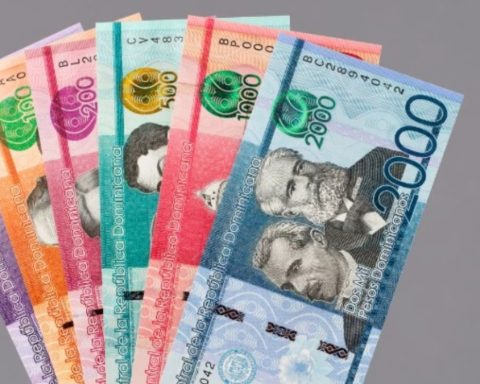Facio: Sustainable and fair energy transition allows public policies with positive impact
The Development Bank of Latin America and the Caribbean (CAF) organized a panel in which the challenges and opportunities of the energy transition were addressed. A sustainable and fair transition allows us to design public policies that have a positive impact on society, said the Minister of Industry, Energy and Mining, Elisa Facio, at the activity, in which a report on that area in Uruguay was also presented.
The event took place at the headquarters of the Latin American Integration Association (ALADI), with the presence, also, of the Undersecretary of Foreign Affairs, Nicolás Albertoni. Also attending were the undersecretary of ALADI, Christian Leroux; the executive president of CAF; Sergio Díaz-Granado; the president of UTE, Silvia Emaldi; and the president of ANCAP, Diego Durand.
The authorities presented the Renewed Energy Report: fair energy transition for sustainable development in Uruguay. The preparation of these documents is key to monitoring the progress and challenges of a sustainable and fair energy transition, said Facio, during his presentation. In addition, they allow us to design public policies that have a positive impact on society, he added.
He noted that the report highlights the urgent need to promote sustainable growth and innovative solutions that integrate sustainable practices into development strategies, particularly for Latin America.
He recalled that Uruguay began its energy transition by investing in renewable energies, with the protection of natural resources and safe environmental regulations. This allowed us to get rid of dependence on fossil fuels and decarbonize the electricity generation matrix by more than 90%. “We went from being importers of fossil energy to being exporters of green energy, today at a regional level, but in the future, it could be at a global level,” he assured.
He also said that Uruguay promotes a renewed commitment to regional cooperation and spoke of the need to strengthen joint work to generate significant change in the region. “Uruguay has a lot to share and we gladly want to continue doing it,” he admitted.
“In conclusion,” he continued, “the ideas in this report remind us that our path forward is not just about economic growth, but about creating a sustainable, inclusive and innovative future for all.”
For his part, Díaz-Granados explained that the study presented involves an in-depth analysis of the energy situation in Latin America and the Caribbean. It is necessary to achieve a fair energy transition that recognizes the reality of the region, he stressed.
And he added: Political will, infrastructure, innovation and financing are key to this process.
